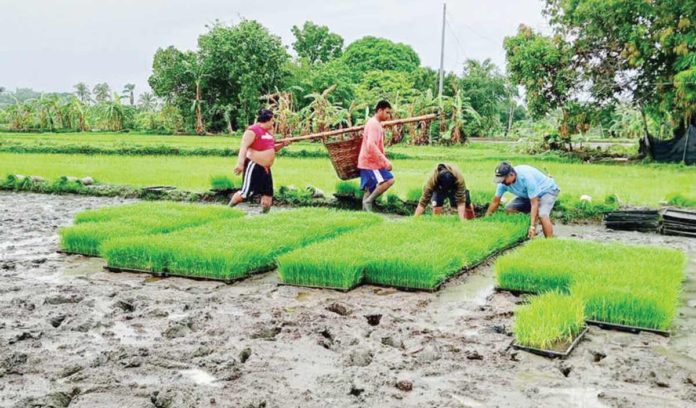
ILOILO – Alongside an uptick in dengue infections typical of the rainy period, the Iloilo Provincial Health Office (IPHO) is closely monitoring, too, a potential rise in leptospirosis cases during this year’s wet crop planting season.
Leptospirosis, a bacterial disease transmittable to humans through contact with infected animal urine or contaminated environments, is particularly concerning given the agricultural practices in the province.
From the start of the year to June 22, 2024, Iloilo has recorded 50 leptospirosis cases, a significant decrease of 60 percent compared to the 125 cases reported in the same period last year.
The municipalities with the highest incidences included Leon (four), Alimodian (three), Cabatuan (three), Calinog (three), Janiuay (three), Miag-ao (three), Oton (three), Tigbauan (three), Igbaras (two), and Lambunao (two).
Dr. Maria Socorro Colmenares-Quiñon, head of the IPHO, expressed concern over the seasonal risk: “We experienced an El Niño in the first five months, but with the onset of the rainy season this June, leptospirosis cases are expected to rise if our residents do not take protective measures such as wearing boots while wading through floodwaters or during farming.”
Quiñon emphasized the need for proper protective clothing, including footwear and gloves, especially if there are cuts, to prevent infection from the Leptospira bacteria.
“Farming and exposure to flood waters are unavoidable, so the best course of action is to seek prophylaxis at Rural Health Units (RHUs) if exposed,” she stressed.
Prophylaxis antibiotics, available for free at RHUs, are highly effective in preventing leptospirosis after potential exposure.
Early diagnosis is crucial, as symptoms initially resemble those of the flu — fever, body aches, and headaches — but can escalate to more severe complications such as jaundice and red urine, indicative of potential liver, kidney, and heart damage, which can be fatal.
The remaining cases from the start of the year have been reported in 16 other municipalities – Lemery (two), Maasin (two), Pavia (two), San Miguel (two), Santa Barbara (two), and Balasan, Banate, Barotac Nuevo, Barotac Viejo, Concepcion, Dingle, Dumangas, Guimbal, Mina, San Enrique, and Sara (one each).
Seventeen 17 areas, on the other hand, reported no cases – Ajuy, Anilao, Tubungan, San Joaquin, New Lucena, Zarraga, Leganes, Badiangan, Bingawan, Estancia, Pototan, San Dionisio, Lambunao, Carles, San Rafael, and Batad including Passi City./PN





